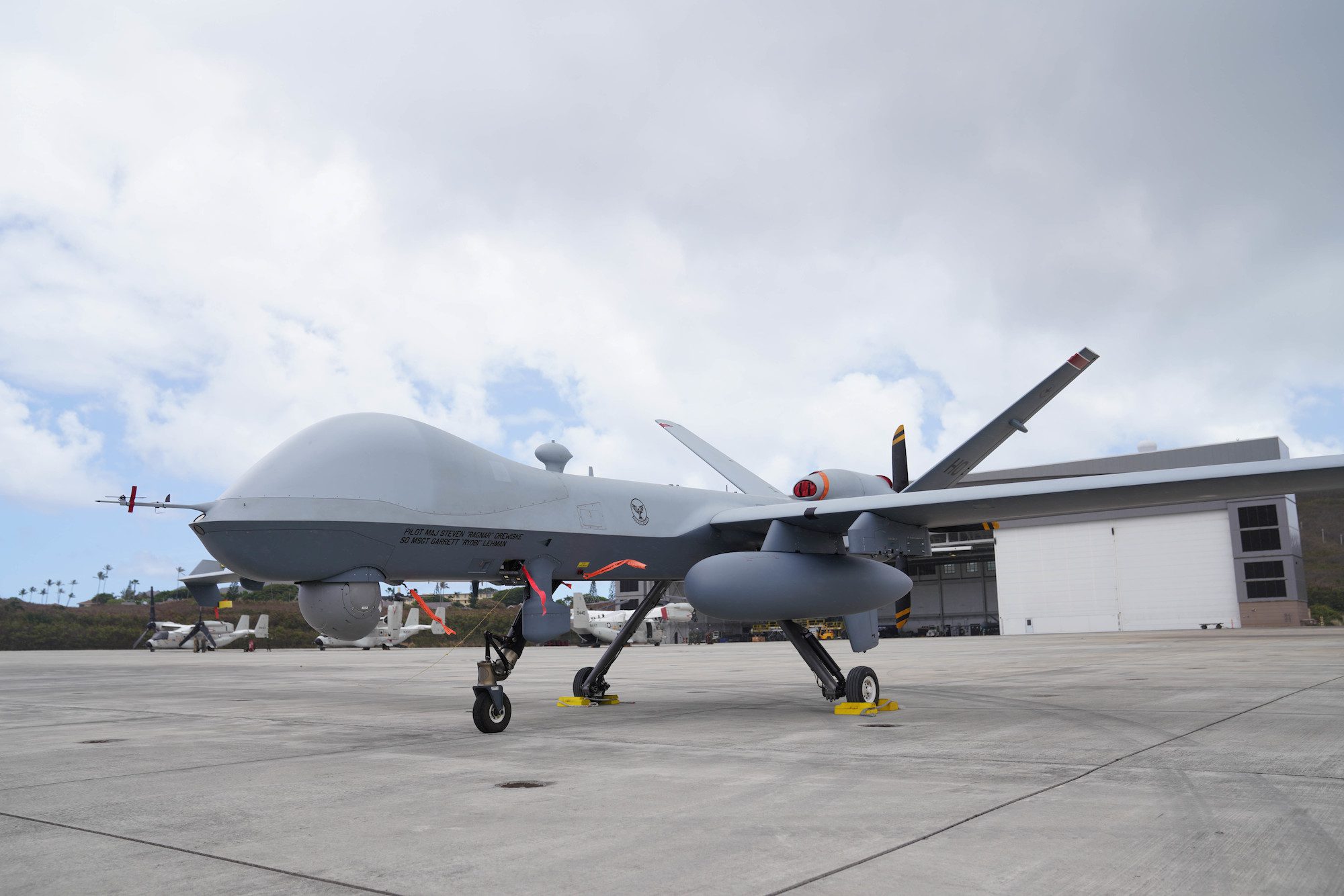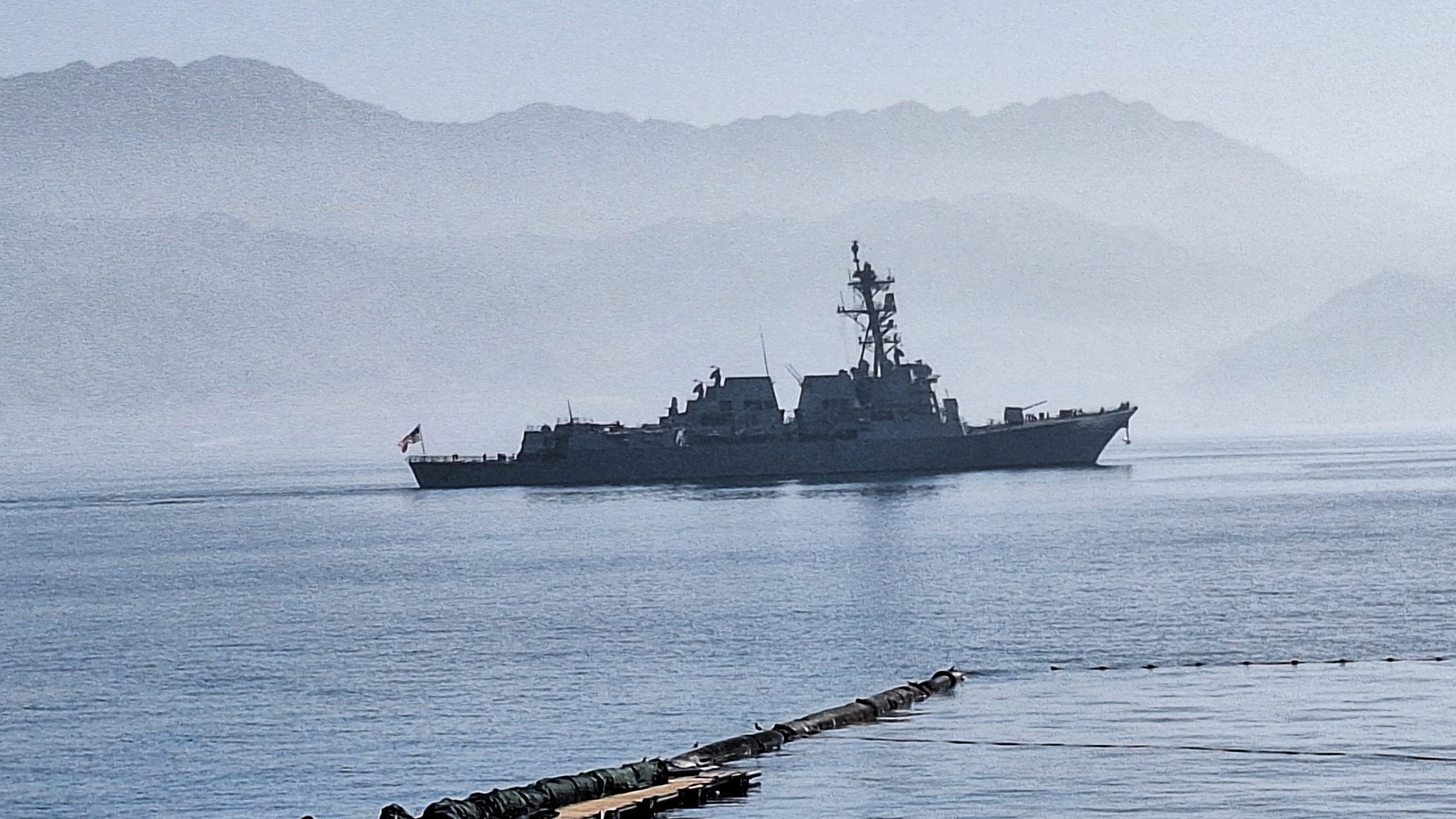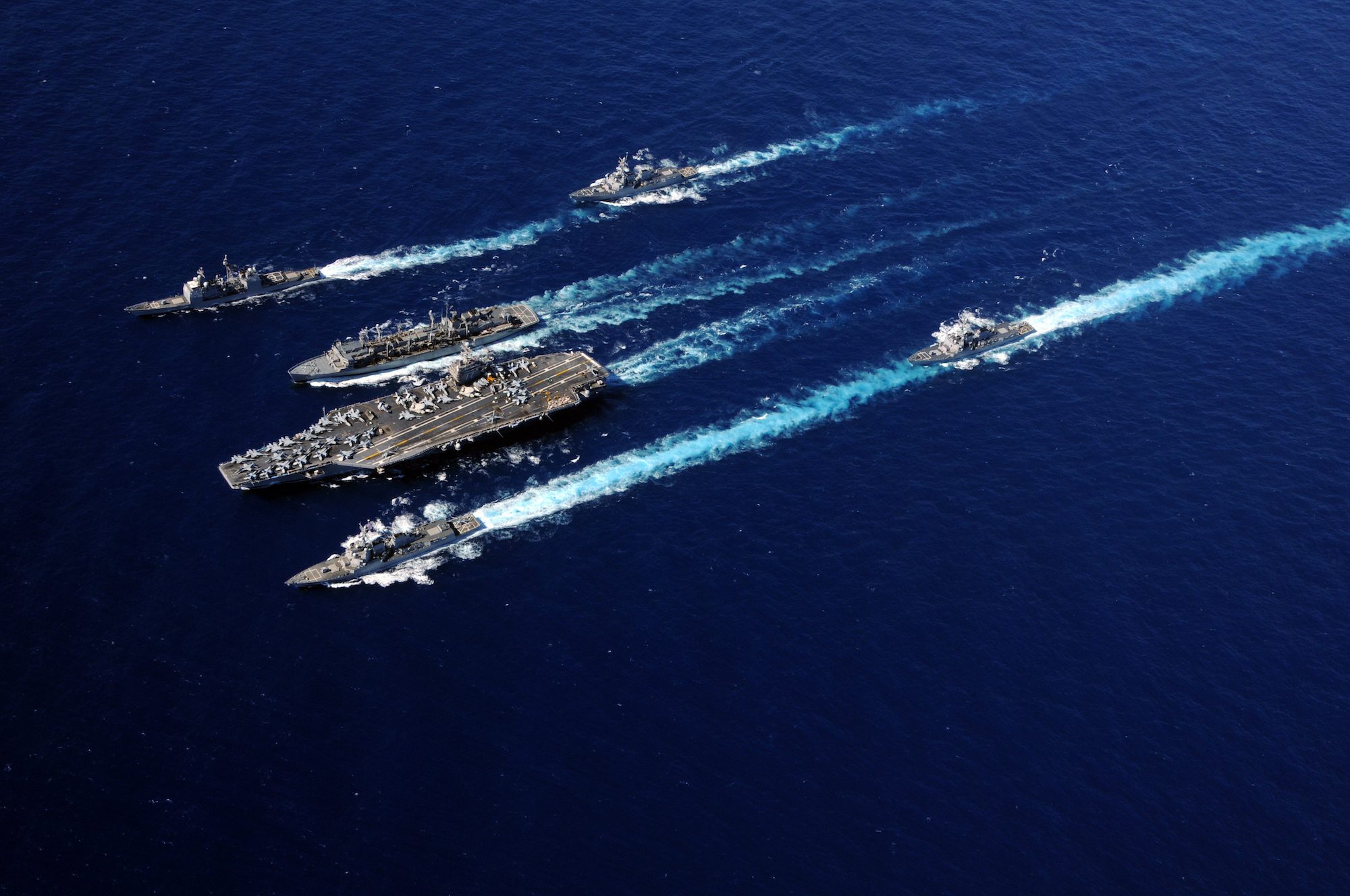By Phil Stewart and Idrees Ali
WASHINGTON, March 14 (Reuters) – A Russian Su-27 fighter jet intercepted and struck the propeller of a U.S. military MQ-9 “Reaper” surveillance drone on Tuesday, causing it to crash into the Black Sea, the Pentagon said, in the first such incident since Russia’s invasion of Ukraine over a year ago.
NATO’s Supreme Allied Commander Europe, U.S. Army General Christopher Cavoli, briefed NATO allies about the incident, which was roundly condemned by the White House and the Pentagon — which warned of the risk of escalation.
There was no immediate comment from Moscow.
Two Russian Su-27 jets carried out what the U.S. military described as a reckless intercept of the American spydrone before one of them collided with it at 7:03 a.m. (0603 GMT).
Several times before the collision, the Russian fighter jets dumped fuel on the MQ-9 — possibly trying to blind or damage it — and flew in front of the unmanned drone in unsafe maneuvers, the U.S. military said.
“Our MQ-9 aircraft was conducting routine operations in international airspace when it was intercepted and hit by a Russian aircraft, resulting in a crash and complete loss of the MQ-9,” U.S. Air Force General James Hecker, who oversees the U.S. Air Force in the region, said in a statement.
“In fact, this unsafe and unprofessional act by the Russians nearly caused both aircraft to crash.”
The U.S. military said the incident followed a pattern of dangerous behavior by Russian pilots operating near aircraft flown by the U.S. and its allies, including over the Black Sea, which lies between Europe and Asia and is bordered by countries including Russia and Ukraine.
While the United States is not sailing warships in the Black Sea, it has routinely been flying surveillance aircraft in and around the area.
The White House said the drone’s downing was unique, however, and would be raised directly by the State Department with their Russian counterparts.
“We have been flying over that airspace consistently now for a year … and we’re going to continue to do that,” said White House National Security Council spokesperson John Kirby.
“We don’t need to have some sort of check-in with the Russians before we fly in international airspace. There’s no requirement to do that nor do we do it,” Kirby added.
(Reporting by Phil Stewart and Idrees Ali; additional reporting by Sabine Siebold and Trevor HunnicuttEditing by Cynthia Osterman and Rosalba O’Brien)
(c) Copyright Thomson Reuters 2023.
Editorial Standards · Corrections · About gCaptain
This article contains reporting from Reuters, published under license.

 Join The Club
Join The Club












